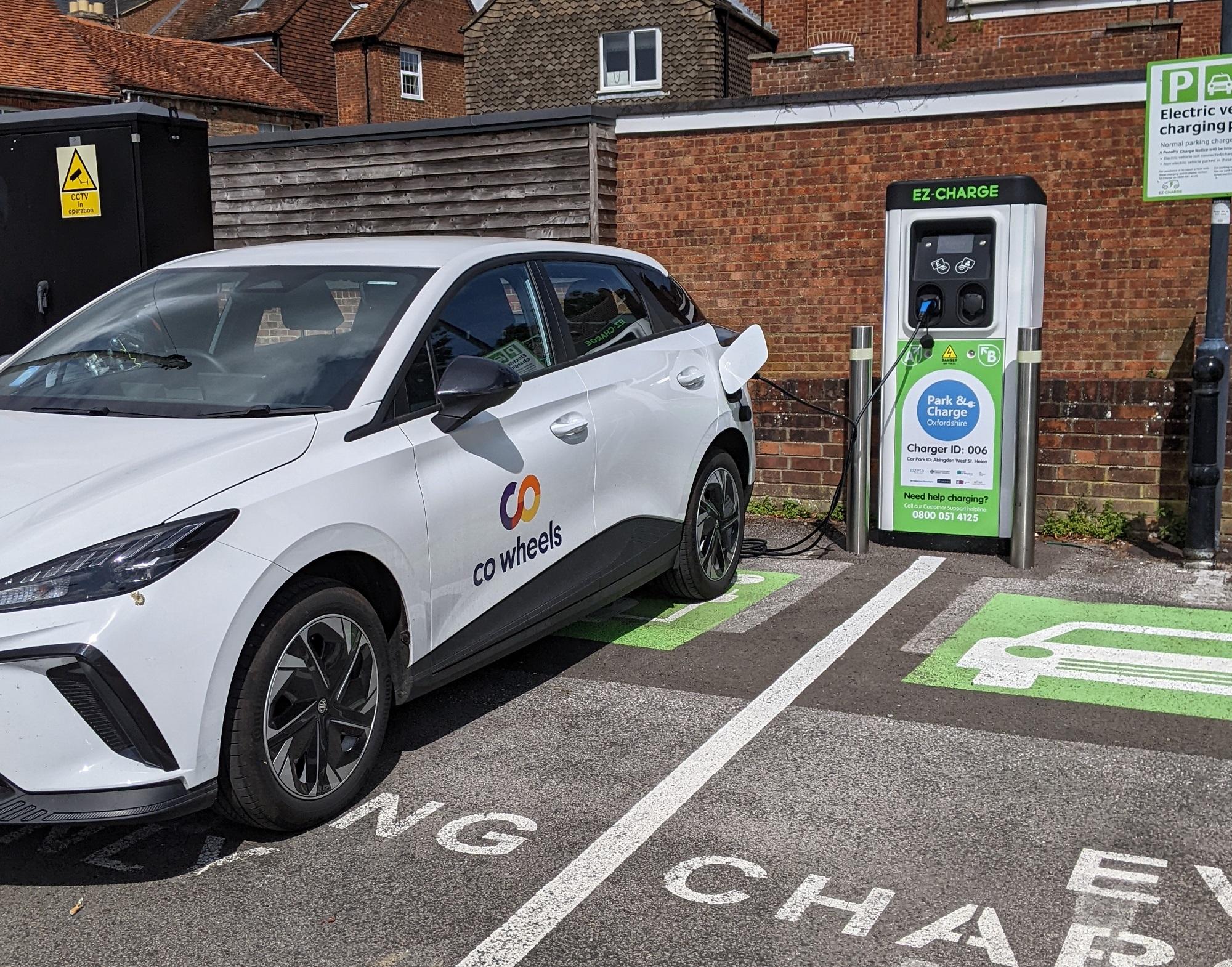Quantifying Impacts of Shared Electric Mobility
Overview
The aim of this project is to develop a prototype tool designed for local authorities, shared mobility operators and other stakeholders to appraise, benchmark and evaluate the place-specific potential for and contribution of shared electric mobility. It builds on the experience and data gathered through the Sharing Knowledge about Sharing EVs project, which identified the types of indicators and metrics that are of value. Using this understanding, the tool will develop a standard for inputs, appropriate conversion factors, and practical outputs. Although there is an interest for this tool to extend to other types of shared electric mobility, the prototype will be based on data from Co Wheels, Zimbl, and potentially other operators for (electric) car clubs, as well as open data.
While the transition to electric vehicles (EVs) is an important means to decarbonise transport, replacing fossil-fuel vehicles with EVs on a 1:1 basis will not be enough to meet climate targets or mitigate other transport challenges. The volume of car ownership is also a growing problem with electrification as the environmental impacts from EVs are greater during manufacture and their purchase costs higher. Car clubs have been shown not only to reduce emissions, but also car ownership.
Electric car clubs also have potential to accelerate local EV adoption and support public charging facilities. However, electric car clubs and other shared electric mobility services are concentrated in cities, so there is limited understanding of their performance outside urban neighbourhoods. A quantitative tool is needed to calculate place-specific outcomes, such as emissions reductions, to provide evidence of how effective shared EVs could be or are in meeting policy or commercial objectives as well as quantifying risk for operators and investors.
QUISEM developed an open-source dashboard that combines data and conversion factors to demonstrate that the benefits of electric car clubs vary by location. It aims to help local policymakers and community groups visualise and benchmark the potential benefits of an electric car club in their area. The tool is called PLEASEM: PLace-based Estimated Advantages of Shared Electric Mobility. The code for its development is stored in a Github repository: https://github.com/HBudnitz/PLEASEM. Details of the methodology and intent are described in the peer-reviewed online journal Findings: https://findingspress.org/article/137021.
In brief
Duration
Oct 2024 - Mar 2025
Funder
Transport Research and Innovation Grant, Department for Transport
Partners
Co Wheels, Zimbl, Oxfordshire County Council
Principal Investigator: Hannah Budnitz


